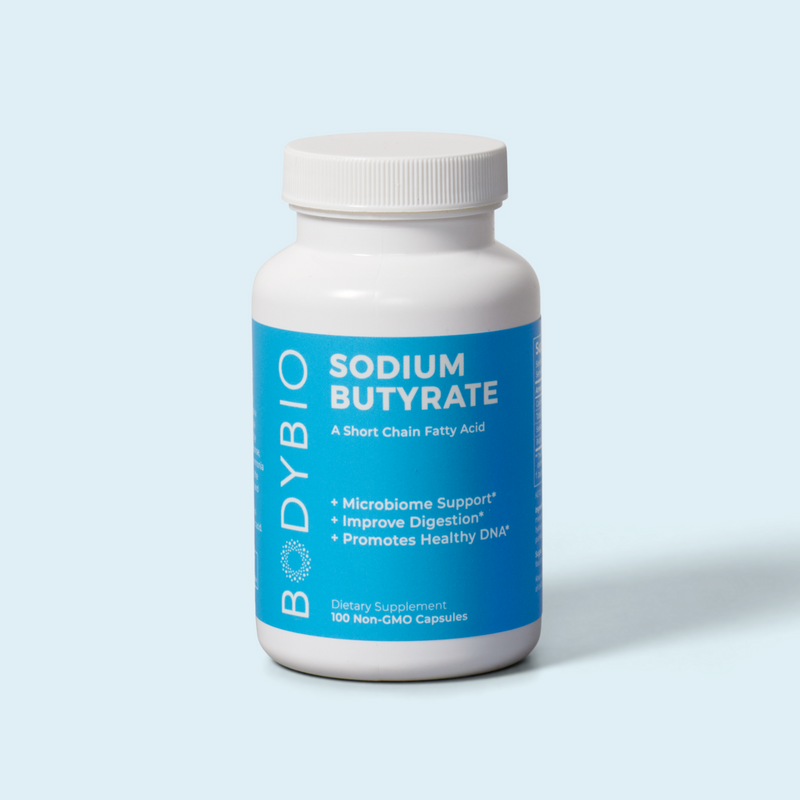Explore the Top-Rated Gut Health Supplement for Long-Term Digestive Health
Explore the Top-Rated Gut Health Supplement for Long-Term Digestive Health
Blog Article
Discover the Secret to Digestion and Resistance With Intestine Wellness Support

Understanding Digestive Tract Health And Wellness
Comprehending intestine wellness is vital for total wellness, as it plays a significant role in food digestion, resistance, and even mental health and wellness. The digestive tract, consisting of the stomach tract, is accountable for damaging down food, absorbing nutrients, and expelling waste. A well balanced digestive tract setting ensures efficient digestion, permitting the body to utilize nutrients properly.
Moreover, gut health significantly influences the body immune system. The gut houses a substantial part of the body's immune cells, and a healthy digestive tract can aid ward off pathogens and reduce swelling. Interruptions in digestive tract health and wellness can result in an overactive immune response, possibly adding to autoimmune conditions and allergic reactions.
Furthermore, the gut is often described as the "second brain" because of the gut-brain axis, an intricate interaction network connecting the brain and the gut. This connection affects state of mind, cognition, and emotional health. Problems such as dysbiosis, identified by an inequality in digestive tract germs, have actually been linked with psychological health and wellness conditions, consisting of anxiety and anxiety.
The Gut Microbiome Explained

The intestine microbiome, a varied area of microbes staying in the gastrointestinal system, plays a pivotal duty in preserving gastrointestinal health and total well-being. Comprising trillions of germs, infections, fungi, and various other microorganisms, this complex community aids in the digestion of food, the synthesis of necessary nutrients, and the guideline of metabolic processes.
Each individual's intestine microbiome is one-of-a-kind, affected by aspects such as diet regimen, lifestyle, genetics, and ecological direct exposures. A well balanced microbiome sustains ideal food digestion by breaking down complex carbohydrates, generating short-chain fats, and facilitating the absorption of nutrients. Conversely, a discrepancy, typically referred to as dysbiosis, can bring about digestion conditions, consisting of short-tempered bowel disorder (IBS) and inflammatory digestive tract disease (IBD)
Research has shown that a diverse microbiome is connected with far better health end results, highlighting the relevance of dietary choices in nurturing these microbes. Foods rich in fiber, probiotics, and prebiotics, such as fruits, veggies, and fermented products, can promote a healthy and balanced microbiome. Comprehending the intestine microbiome is necessary for establishing targeted treatments targeted at boosting gastrointestinal health and wellness and stopping intestinal conditions.

Connection Between Digestion and Resistance
A robust connection exists between food digestion and immunity, highlighting the important role of the intestine in preserving general wellness. The stomach tract is home to trillions of bacteria that develop the intestine microbiome, which dramatically affects both digestive processes and immune actions. This complex community help in breaking down food, absorbing nutrients, and giving helpful site important metabolites that support immune feature.
When food digestion is efficient, the digestive tract barrier continues to be intact, avoiding dangerous virus from entering the blood stream. Approximately 70% of the immune system resides in the gut-associated lymphoid cells (GALT), which connects closely with the intestine microbiome.
Tips for Supporting Intestine Health And Wellness
Supporting digestive tract wellness is vital for keeping both gastrointestinal performance and a well-functioning body immune system. To cultivate optimum digestive tract health and wellness, take into consideration incorporating numerous useful methods into your daily routine.
First, prioritize hydration. Consuming ample water sustains food digestion and helps preserve the mucosal cellular lining of the intestinal tracts. Additionally, regular physical task can improve intestine mobility and promote a diverse microbiome.
Conscious eating methods are also necessary. Eating food extensively and consuming slowly can aid digestion and stop overindulging, which might worry the gut. Furthermore, managing anxiety with strategies such as meditation, yoga, or deep-breathing workouts can favorably influence intestine health, as stress is understood to disrupt gastrointestinal processes.
Including prebiotics and probiotics right into your regimen is an additional reliable strategy. While certain foods will be talked about later on, recognizing the importance of these elements is important. Prebiotics serve as food for valuable intestine microorganisms, while probiotics introduce real-time advantageous organisms.
Lastly, stay clear of too much use antibiotics, as they can interfere with the balance of gut vegetation. By complying with these tips, you can significantly contribute to the upkeep of a healthy intestine, which is necessary for general wellness and vitality.
Foods That Promote Gut Health

Fermented foods, such as yogurt, sauerkraut, kimchi, and kefir, are abundant in probiotics, which are useful germs that support gut plants and enhance food digestion. These foods can assist restore equilibrium in the gut, especially after antibiotic usage or digestive system disturbances.
Along with fermented choices, prebiotic foods, such as garlic, onions, asparagus, and bananas, act as nutrition for these probiotics, advertising their growth and task. These soluble fibers sustain gut look these up mobility and can ease problems like constipation.
In addition, integrating high-fiber foods, including entire grains, vegetables, legumes, and fruits, is crucial for preserving a healthy and balanced intestine. Fiber help in regular defecation and helps stop digestive system disorders.
Lastly, omega-3 fats discovered in fatty fish, flaxseeds, and walnuts have anti-inflammatory residential properties that can better support gut wellness. Emphasizing these foods in your diet can result in a robust digestion system and improved immune function.
Final Thought
In final thought, prioritizing gut health is vital for optimizing digestion and boosting immunity. A well balanced intestine microbiome, influenced by nutritional options and way of life factors, plays an important role in nutrient absorption and swelling decrease.
Recognizing gut wellness is essential for general wellness, as it plays a significant role in food digestion, resistance, and even mental health. The gut houses a considerable section of the body's immune cells, and a healthy digestive tract can assist fend off virus and Home Page decrease swelling.Additionally, the digestive tract is usually referred to as the "2nd mind" due to the gut-brain axis, an intricate communication network connecting the digestive tract and the brain.A durable connection exists in between digestion and resistance, highlighting the essential role of the gut in preserving total wellness.In conclusion, focusing on gut health is crucial for maximizing food digestion and enhancing immunity.
Report this page